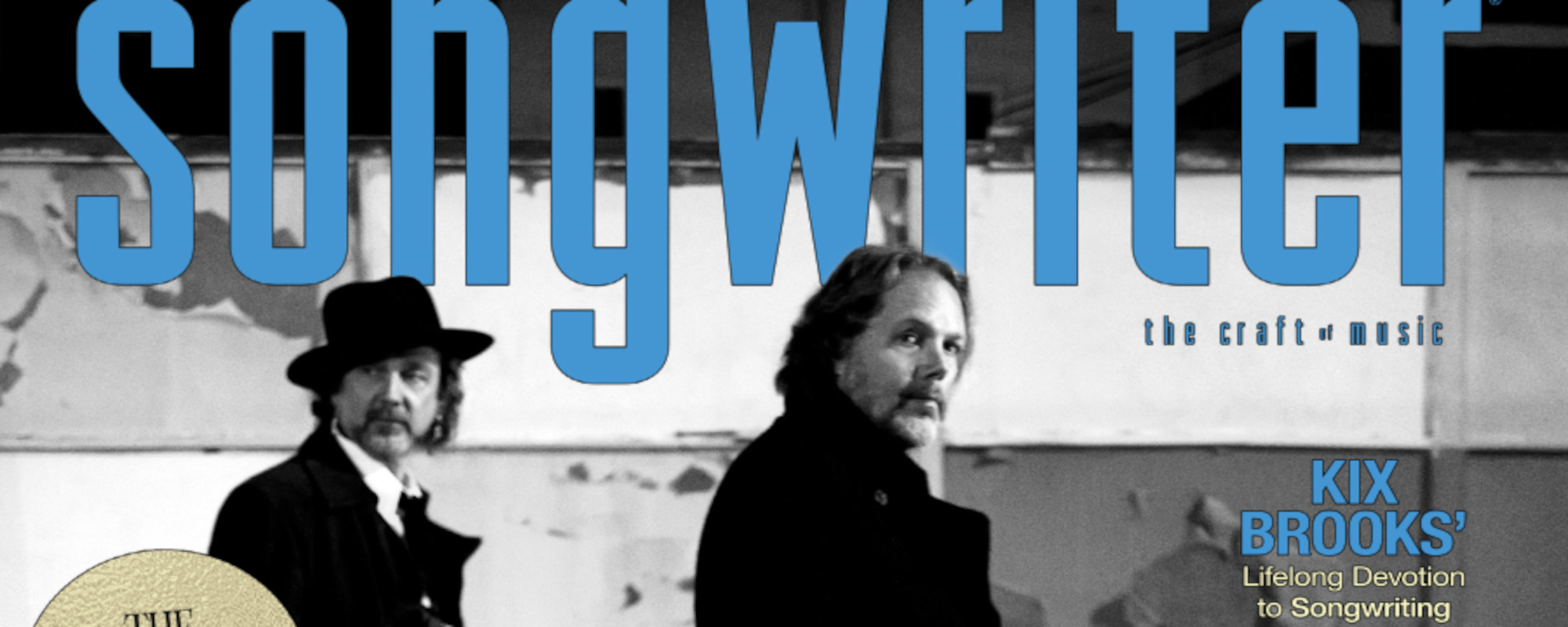Nothing But Thieves wrote its current single “Is Everybody Going Crazy?” in reference to the year 2019 and the things that made it a “wounded, sinister place.” But when the song premiered in early March of this year, it felt even more apt describing the first few months of 2020.
Videos by American Songwriter
“On the day it debuted on Radio One, I went down High Street near me and just saw people stealing toilet paper and buying bucket-loads of pasta,” recalls frontman Conor Mason. “I remember feeling delirious and dizzy at what was going on around me. It felt like we’d written a song about the previous year and all the lunacy on the planet, but it felt like it didn’t almost belong in that year anymore. It belonged in that week.”
Indeed, most of Moral Panic, the third album from the Essex-based British rock band, feels like it was written for this year — even though the album’s 11 songs were mostly written during 2019. Over the span of those 11 tracks, the band — Mason, along with guitarists Joe Langridge-Brown and Dominic Craik, bassist Philip Blake and drummer James Price — takes the listener through the fever-in-the-air feeling of life right now.
Nothing But Thieves — since its start in 2012 with debut album Broken Machine and through its 2018 EP What Did You Think When You Made Me This Way? — has always been contemplative, internally musing at life, love and everything else. On this album, that ruminating turns outwards.
“Broken Machine was utterly reflective, all about inner struggles and mental health,” Mason tells American Songwriter. “And there are still touches of that in the new album. But this album is based on conversations with my best friends — things we talk about every single day together, and you know, get angry about. It’s more about consolidating with someone else, while still looking at the extremity of what’s going on around us.”
The sequencing of the songs works through the album’s emotions — the worry, the optimism, the alarm, the calm. Mason, who credits growing up listening to Nina Simone, Sam Cooke and Carole King with teaching him to sing “from a real place and with real heart,” spent the past two years honing his songwriting abilities, studying every genre he could.
“Especially hip-hop and pop,” he says. “I studied flow and rhythm so much that it’s becoming ingrained in me. It’s become such a part of me —and us — to want to do better all the time.”
That work has yielded tracks that have pushed the band’s usual full-throttle rock sound, creating the likes of “Free If We Want It,” the song on the album Mason’s proudest of writing.
“I think it’s a very classic songwriting, Tom Petty-esque tune that we’ve slipped into a modernity, whilst we can,” he says. “I wouldn’t normally normally say this, but I felt, when I was recording it and when I sang it, like I was in a bizarre pocket of emotion. It’s the best I’ve ever performed on a record. The whole record, but especially with this song. I struggle to listen to that song because of where my head and my heart was at the time. But I think that’s part of part of it — part of it is leaving a piece of you in the music, and that you probably can’t recreate again.”
There’s also “Real Love Song,” which the band released its music video for in August, an “anti-love song that turned out to be an almost call to it.” It’s the kind of song Mason says they would’ve previously been afraid to write because of how grandiose and stadium-like it sounds. “But it feels ethereal to me,” he says. “Like it hits the right note and takes you to the place in the story which it’s supposed to.”
“Can You Afford to Be an Individual?” is the band’s most political track to date, a damning list of wrongs so wrought it could overwhelm the whole album, if not for the gentle strings of the closing number, “Before We Drift Away,” which follows it.
“Even early on, we’ve always felt a need to speak about those things that matter,” says Mason, recalling how Broken Machine addressed mental health, particularly for men. Langridge-Brown took the reins on the lyrics of the track, questioning, among other things, the current trend of cancel culture.
“If your view doesn’t align with the view of the day, then you’re canceled; you’re not part of the conversation anymore,” says Mason. “That comes from Twitter and from social media and from people not having their own thoughts. It’s just been this one collective ugly thought. And unless you tune in with it, then you’re out of the loop, you’re not a human being. I find that really frustrating.”
Mason and his bandmates get to work out that frustration, along with other feelings, on Moral Panic. By the end of it, they — and we, the listeners — are left with the sheer catharsis of it all.








Leave a Reply
Only members can comment. Become a member. Already a member? Log in.